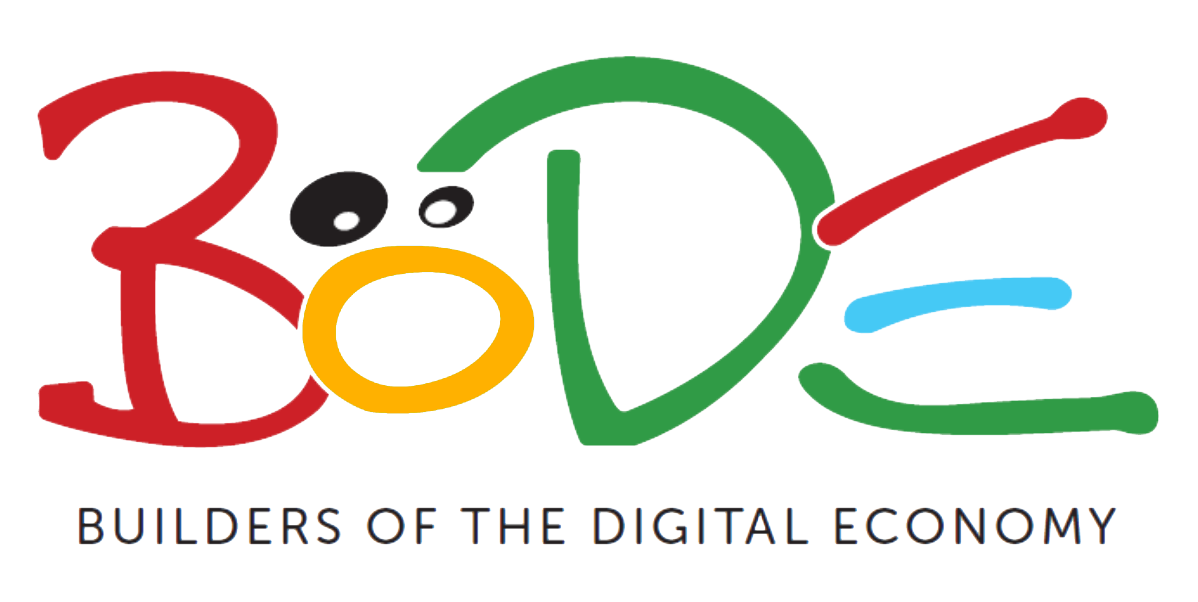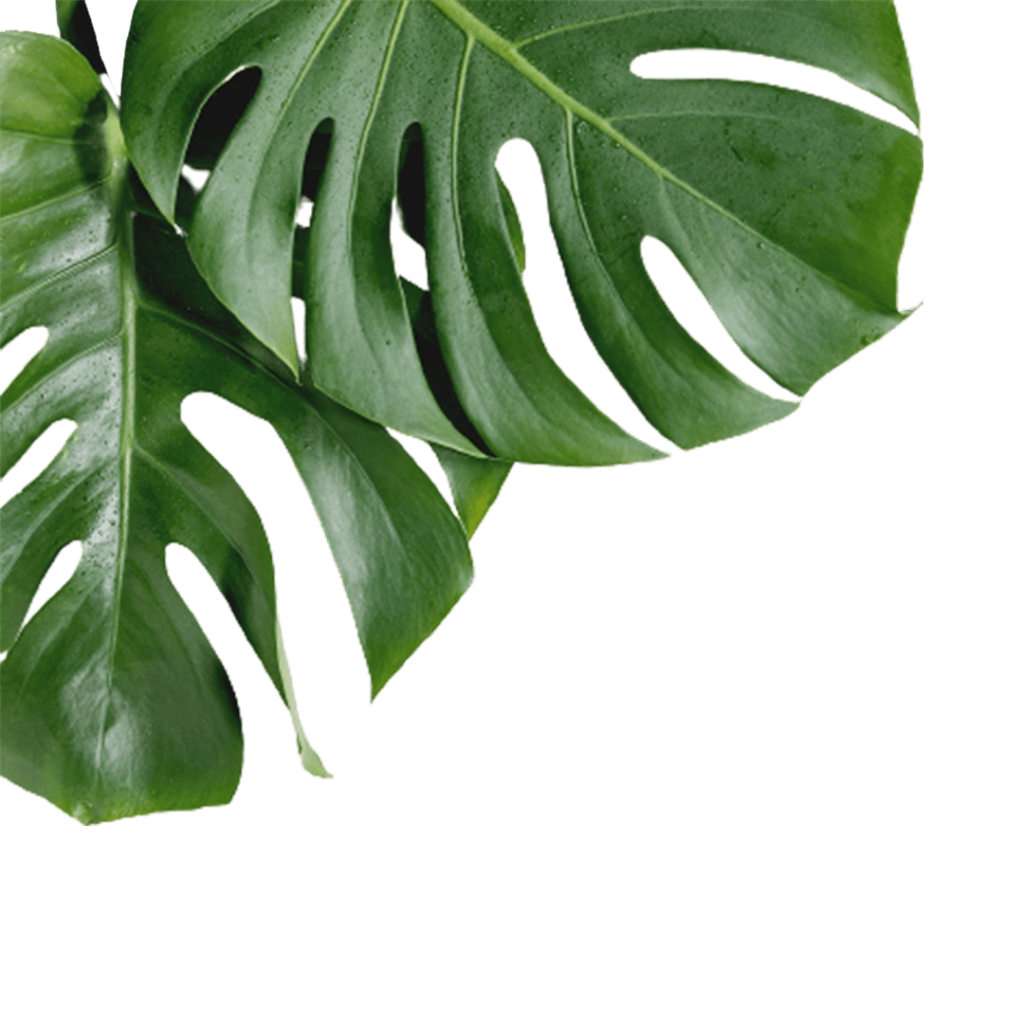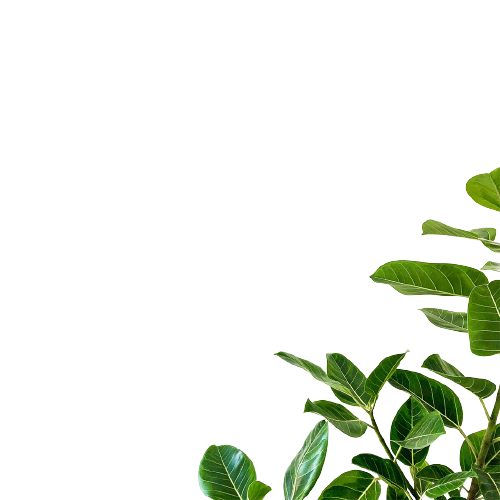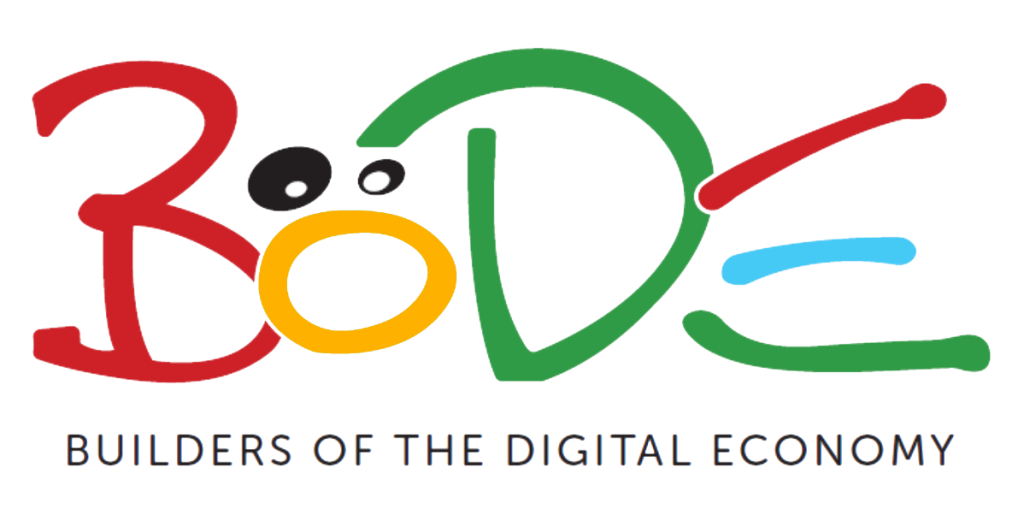Sharing food, caring for infants, and building social networks helped our ancestors meet the daily challenges of their environments. Over time, early humans began to gather at hearths and shelters to eat and socialize. As brains became larger and more complex, growing up took longer—requiring more parental care and the protective environment of a home. Expanding social networks led, eventually, to the complex social lives of modern humans.
As per a study led by Smithsonian National Museum of Natural History, it has come to light that, beginning 2.6–1.8 million years ago, some groups of early humans began collecting tools and food from a variety of places and bringing them to favored resting and eating spots. Sharing vital resources with other members of the group led to stronger social bonds and enhanced the group’s chances of survival.
Although with time, these bondings and communal feelings had faded to quite an extent, at present we witness a return of the same. After going through a huge phase of worldwide shifts and developments, the human community at present has been compelled to accumulate at their individual abodes, with their loved ones, sharing their everyday with each other, hence caring for the minutest of happenings and living a life, not imagined in centuries. However deadly, the life maybe on the outside, amidst one of the greatest pandemics; on the inside, it has an effect that on a very positive light.
How life has changed within a year
Since the past few decades, environmentalists have been trying their best, in order to bring back the greenery lost from the face of the earth, due to full fledged developmental drives, steered through by humans, a race moving towards a greater form of civilization every day. Although, it had not been a success for so long, it did see the light at the end of the tunnel. Last year, introduced us to an enemy that none had met before. An enemy, that could be defeated only with one weapon, that of maintaining the least of human gatherings. Hence, the world was compelled to move indoors, to stay within the four walls of their own homes, which in turn opened a door for the nature to breathe.
With more and more people, moving ahead with their lives from within their homes, the factors causing the destruction of the nature were reduced. Also, the factors that were responsible for the destruction of individual human lives, like lack of time and happiness, more of stress and loneliness and so on, were brought under a check.
If we only look at a pilot survey of few cities of the U.S, we find a remarkable growth in the stats.
For instance, 15.2% in New York City, 13.1% in Chicago, 12.6% in Oakland and so on, have been the percentages of time gained by people, by not commuting. Hence, more time leads to proper utilisation of the human resource, leading to decrease in the stress levels and anxieties, therefore, much happier lives and inner peace.
Not only is time being saved, but also is the store of our limited fossil fuels, whose necessity reduces as the number of vehicles on the streets get scarce. Also, it has been surveyed that, Americans use 85 million tons of paper each year, which is the equivalent of 680 pounds per person. Of which only about 2/3 of paper products are recycled. Therefore, the average American uses the equivalent of seven trees worth of paper goods each year. Now, looking into the contemporary times, most of the works have been transferred from office desks, into laptop screens. Printing has taken a backseat, which means less and less trees have to be sacrificed each year, leading to a rise in the greenery. A lot more, starting from reduction in air pollution due to less of car engine combustions and fall in noise pollution due to cut in unnecessary honkings, have become the part of the new world we are living in.
The present, leveraging a positive future through bad times
The present, if discussed from the perspective of the worldwide unending pandemic, can be considered one of the greatest forms of curse. One that takes lives, one that creates divide, one that is fearsome, of which each day we pray to get rid of completely.
On the other hand, the new form of life that it has shown us, if adequately utilised by us, can become a boon, for today for tomorrow and the days coming. A world where humans and nature can co-exist with peace and harmony. A world, where we get a chance to re-unite with our loved ones, and most importantly with the best version of ourselves.
Hence, situations tend to change its course as time unravels. It is we who have the power to turn the situation towards what seems to us as good or not so good.






